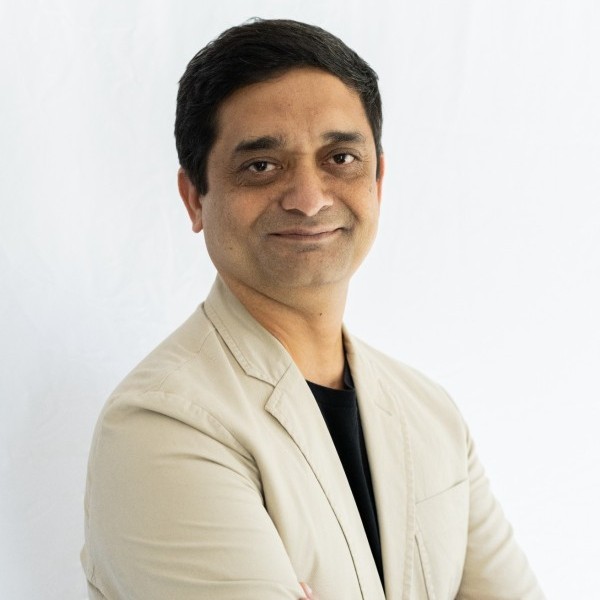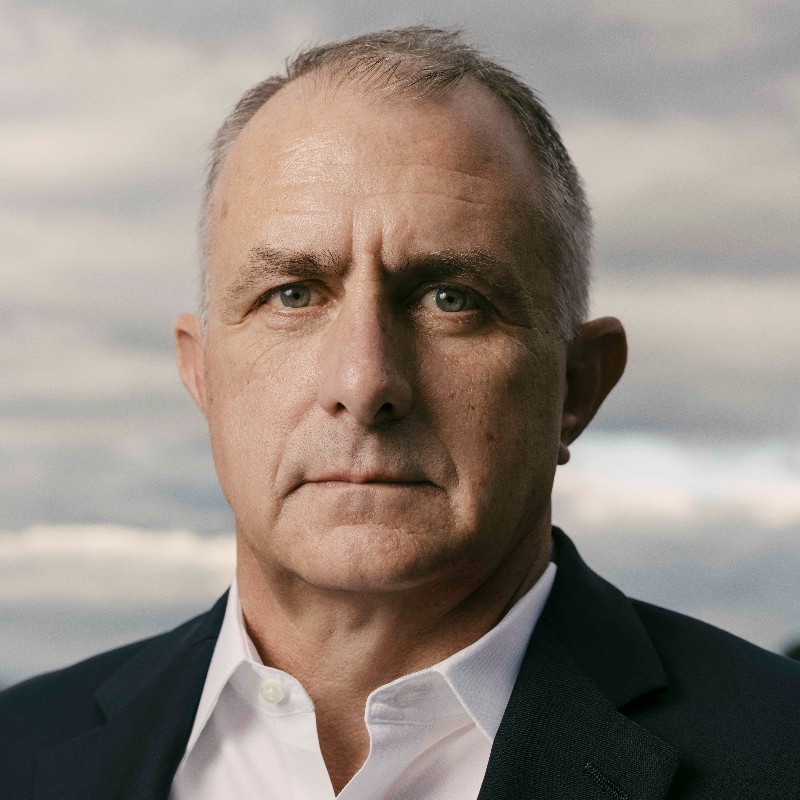Entrepreneur Case Studies
Building a Cutting Edge Drone Technology Company: Tom Walker, CEO of DroneUp (Part 3)
Sramana Mitra: Did you learn that there was this segment that has this need in the shipping segment?
Tom Walker: Port and port security. The problem at that time was there were so many industries that we knew could use it. I’ll give you an example from the insurance industry. A storm comes through an area and they’re sending inspectors to walk around and assess the damage. We knew that we could put a drone out and capture all of this in high resolution. We just knew the insurance industry was going to embrace us.
>>>From Solo Techie Entrepreneur to High Growth, Profitable Enterprise AI Success Story: Findability Sciences CEO Anand Mahurkar (Part 2)
Sramana Mitra: In launching this company, did you bootstrap? How did you get the company off the ground?
Anand Mahurkar: It was bootstrapped. I had a $10,000 bank account. Probably we are the only enterprise AI company that is profitable and revenue-making with no debt. I bootstrapped all these years. I got my first customer six months after starting the business.
Sramana Mitra: You wrote the software and you sold the software?
>>>Building a Cutting Edge Drone Technology Company: Tom Walker, CEO of DroneUp (Part 2)
Sramana Mitra: Tell us how the side project turned into a business.
Tom Walker: I’ll tell you a funny story along the way. We had some people join the organization as volunteers. A retired CIO from a large company came on board. We were trying to build something, but we didn’t know what it was. We called it DART – Drone-Assisted Response Team. We were going to launch on Monday.
>>>From Solo Techie Entrepreneur to High Growth, Profitable Enterprise AI Success Story: Findability Sciences CEO Anand Mahurkar (Part 1)

I always love doing stories of my readers. Anand has been following the blog since 2010. He has built a terrific, fundamentals-focused AI company. And I am thrilled.
Sramana Mitra: Let’s go to the beginning of your story. Where are you from? Where were you born, and raised, and in what kind of background?
>>>Building a Cutting Edge Drone Technology Company: Tom Walker, CEO of DroneUp (Part 1)

The drone industry is a massive beneficiary of the Corvid pandemic. Read how Tom has shepherded DroneUp to hyper-growth from its bootstrapped beginnings and a slow start.
Sramana Mitra: Let’s start at the very beginning of your journey. Where are you from? Where were you born, raised, and in what kind of background?
>>>Building a Capital-Efficient, Highly Scalable Smart City IoT Venture: LYT CEO Timothy Menard (Part 4)
Sramana Mitra: It sounds to me like you have very large deals in your pipeline. At some level, $5 million may be the only money you need to build this business.
Timothy Menard: Absolutely. The mindset was to build a company and be revenue-generating. Having these large contracts that pay 90% of the contract value in the first year is significant.
Sramana Mitra: Oh my goodness. That is fantastic! You won’t be able to recognize the revenue, though but cash-wise, it’s incredible for business-building.
>>>Building a Capital-Efficient, Highly Scalable Smart City IoT Venture: LYT CEO Timothy Menard (Part 3)
Sramana Mitra: Santa Clara was the first that adopted your technology?
Timothy Menard: San Jose was first.
Sramana Mitra: Let’s go into the mechanics of how you built the company from a financial engineering point of view. The first grant was $250,000. You got a second grant because of the discussions with Santa Clara and San Jose.
>>>Building a Capital-Efficient, Highly Scalable Smart City IoT Venture: LYT CEO Timothy Menard (Part 2)
Sramana Mitra: Was there a customer that you had in mind?
Timothy Menard: All sides – automotive and the communities they drove in.
Sramana Mitra: How did you get the company off the ground?
Timothy Menard: I applied for a Federal Small Business Research and Innovation grant. The company started on a quarter-million grant. I was able to use a portion of that and partner with the University of California – Irvine to have a road system and students of all classifications work on this digitalization concept.
>>>